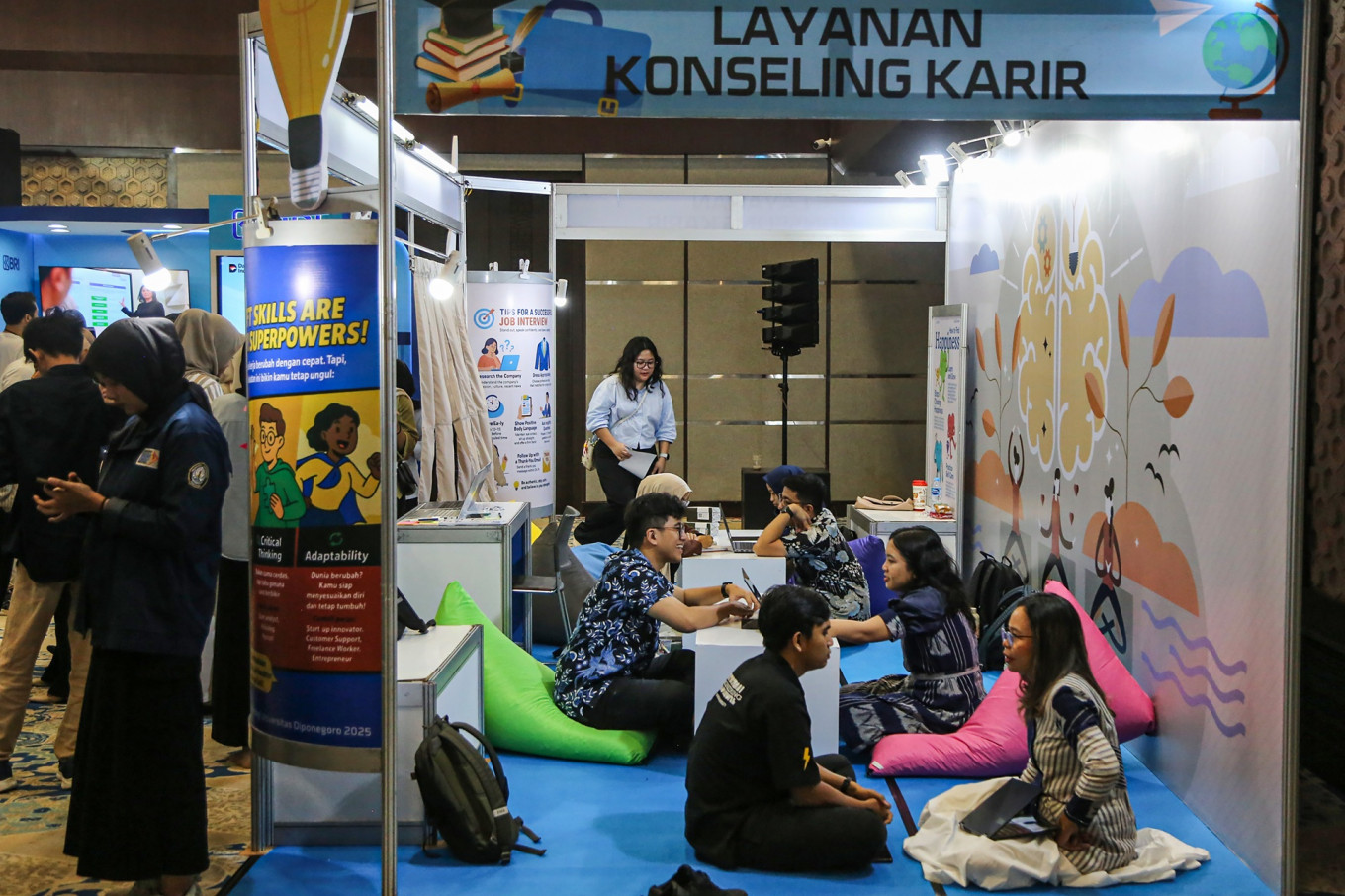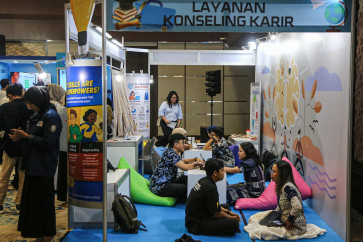Popular Reads
Top Results
Can't find what you're looking for?
View all search resultsPopular Reads
Top Results
Can't find what you're looking for?
View all search resultsThe shadow rise of ‘homo inutilis’: An Indonesian perspective
Indonesia needs to look closely at the interrelation between productivity and participation as technology moves apace and leaves humans lagging in both jobs and wages to avoid creating the "useless class".
Change text size
Gift Premium Articles
to Anyone
I
n recent years, the Indonesian economy has demonstrated resilience: Growth remains steady, inflation moderate and digital adoption rapid. Yet beneath these favorable indicators, a quiet chasm is emerging between economic output and human participation.
The World Bank’s East Asia and Pacific (EAP) Economic Update, October 2025 indicates that while gross domestic product (GDP) has expanded, the country’s progress in reducing deprivation and vulnerability has been “modest”. Labor market inclusion, the ultimate test of growth quality, is becoming a serious concern.
Indonesia’s growth model relies mostly on domestic demand, not on export surpluses or foreign investment. Household consumption accounts for roughly half of GDP, while exports and foreign direct investment contribute only around one-fifth and less than 2 percent, respectively.
This insulates the country from global trade shocks but places the weight of job creation on the purchasing power of its people. When wages stagnate or purchasing power weakens, the entire engine of employment slows.
A World Bank report last year warned that productivity gains had not translated into proportionate employment growth, with digital technologies compressing routine tasks across manufacturing and services.
The technology-employment paradox is particularly obvious in Indonesia’s urban economy. Automation and artificial intelligence increase productivity but reduce the elasticity of hiring. As companies digitalize supply chains and administrative functions, output rises without equivalent expansion in payrolls.
The World Bank observes that “routine cognitive and physical tasks” are most fragile, while new jobs appear mainly in “nonroutine, digital-intensive, or socio-emotional” occupations. This shift erodes middle-income stability; it does not simply eliminate low-skill work.



















